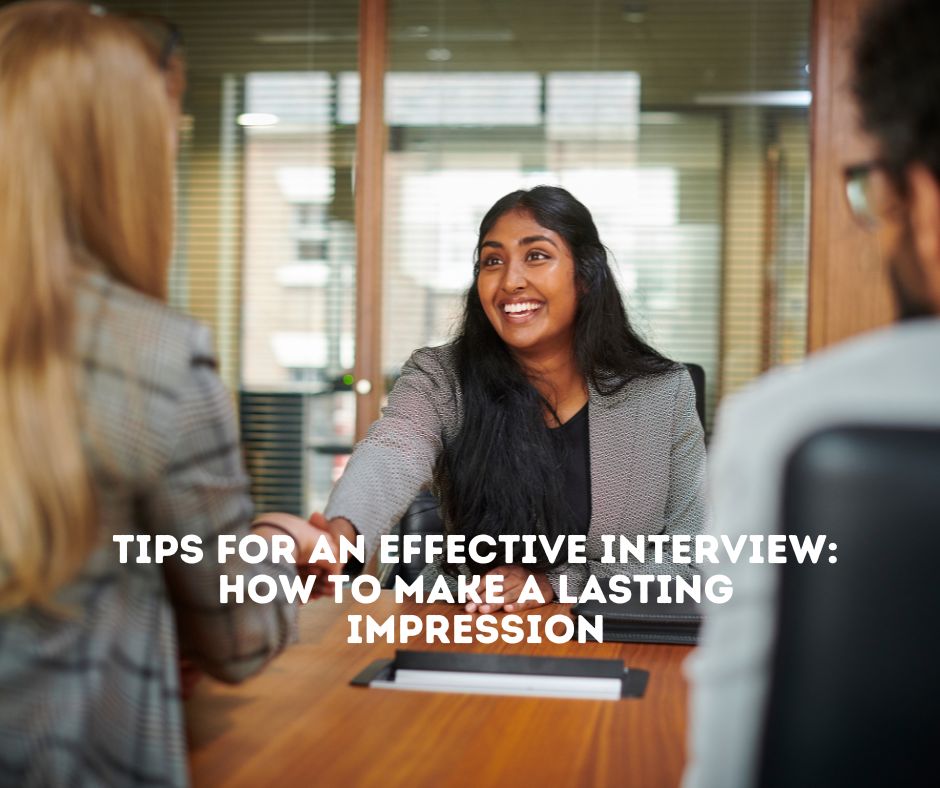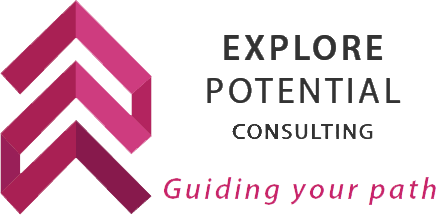Tips for an Effective Interview: How to Make a Lasting Impression

By Nicole Swaine
1. Research the Company and Role
Before stepping into the interview, take time to understand the organisation, its culture, and the specific role. Browse their website, read recent news, and check their social media. Knowing their mission and values will help you tailor your responses to align with what they’re looking for.
2. Practice Common Interview Questions
While you can’t predict every question, you can prepare for common ones like:
- “Tell me about yourself.”
- “Why do you want to work here?”
- “What are your strengths and weaknesses?”
- “Describe a time you overcame a challenge.”
Practice structuring your answers using the STAR method (Situation, Task, Action, Result) to provide clear and compelling responses.
3. Dress Appropriately for the Role
First impressions matter. Dress professionally according to the company culture. If unsure, it’s always better to be slightly overdressed than too casual. Your appearance should reflect that you take the opportunity seriously.
4. Arrive Early and Be Prepared
Punctuality is crucial. Arriving 10–15 minutes early gives you time to collect your thoughts and settle in. If the interview is virtual, test your technology in advance, ensuring your internet connection, microphone, and camera are working properly.
5. Showcase Your Soft Skills
Employers value technical skills, but soft skills like communication, teamwork, and problem-solving are just as important. Be mindful of your body language—maintain eye contact, offer a firm handshake, and smile. Active listening is key; nodding and engaging with the interviewer’s questions will demonstrate your enthusiasm.
6. Prepare Thoughtful Questions
An interview is a two-way conversation. Asking insightful questions shows your interest and helps you determine if the company is the right fit for you. Consider questions like:
- “Can you describe the team I’d be working with?”
- “What are the biggest challenges in this role?”
- “How do you define success in this position?”
7. Highlight Your Achievements with Examples
Rather than making generic statements about your skills, back them up with real examples. Instead of saying, “I’m a great problem-solver,” share a specific situation where you successfully navigated a challenge and the positive impact it had.
8. Be Authentic and Confident
Interviewers appreciate authenticity. Instead of trying to give “perfect” answers, be honest about your experiences. Confidence (not arrogance) is key—believe in your abilities, and let your enthusiasm for the role shine through.
9. Follow Up with a Thank You Email
A follow-up email thanking the interviewer for their time can leave a positive impression. Keep it brief but express your gratitude and reiterate your interest in the role. If there’s something specific from the conversation that stood out, mention it to personalise your message.
10. Reflect and Learn from Every Interview
Regardless of the outcome, every interview is an opportunity for growth. Take time to reflect on what went well and what could be improved. If you don’t get the job, consider requesting feedback—it can provide valuable insights for future interviews.
Final Thoughts
A successful interview isn’t just about answering questions correctly; it’s about presenting yourself as the right fit for the company and demonstrating your value. With the right preparation, mindset, and confidence, you can turn any interview into a stepping stone toward your next career opportunity.
Contact us at
email : info@explorepotential.com.au
Contact : 0436 032 639
